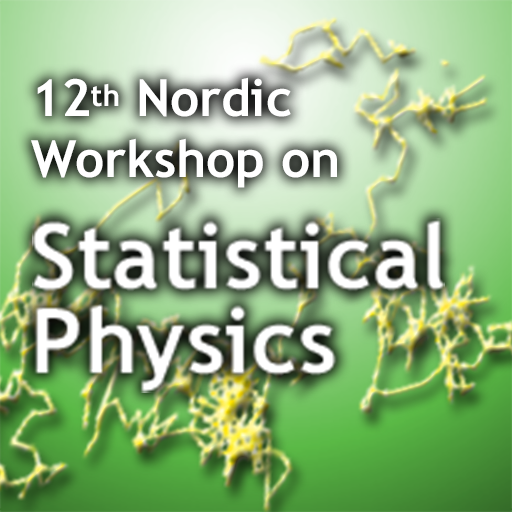Speaker
Description
The fundamental energy cost of irreversible computing is given by the Landauer bound of kTln2/bit. However, this limit is only achievable for infinite-time processes. We here determine the fundamental energy cost of finite-time parallelizable computing within the framework of nonequilibrium thermodynamics. We apply these results to quantify the energetic advantage of parallel computing over serial computing. We find that the energy cost per operation of a parallel computer can be kept close to the Landauer limit even for large problem sizes, whereas that of a serial computer fundamentally diverges. We further discuss their implications in the context of current technology, including massively parallel, network-based biocomputers. Our findings provide a physical basis for the design of energy-efficient computers.
Konopik, M., Korten, T., Lutz, E. et al. Fundamental energy cost of finite-time parallelizable computing. Nat Commun 14, 447 (2023).
https://doi.org/10.1038/s41467-023-36020-2

